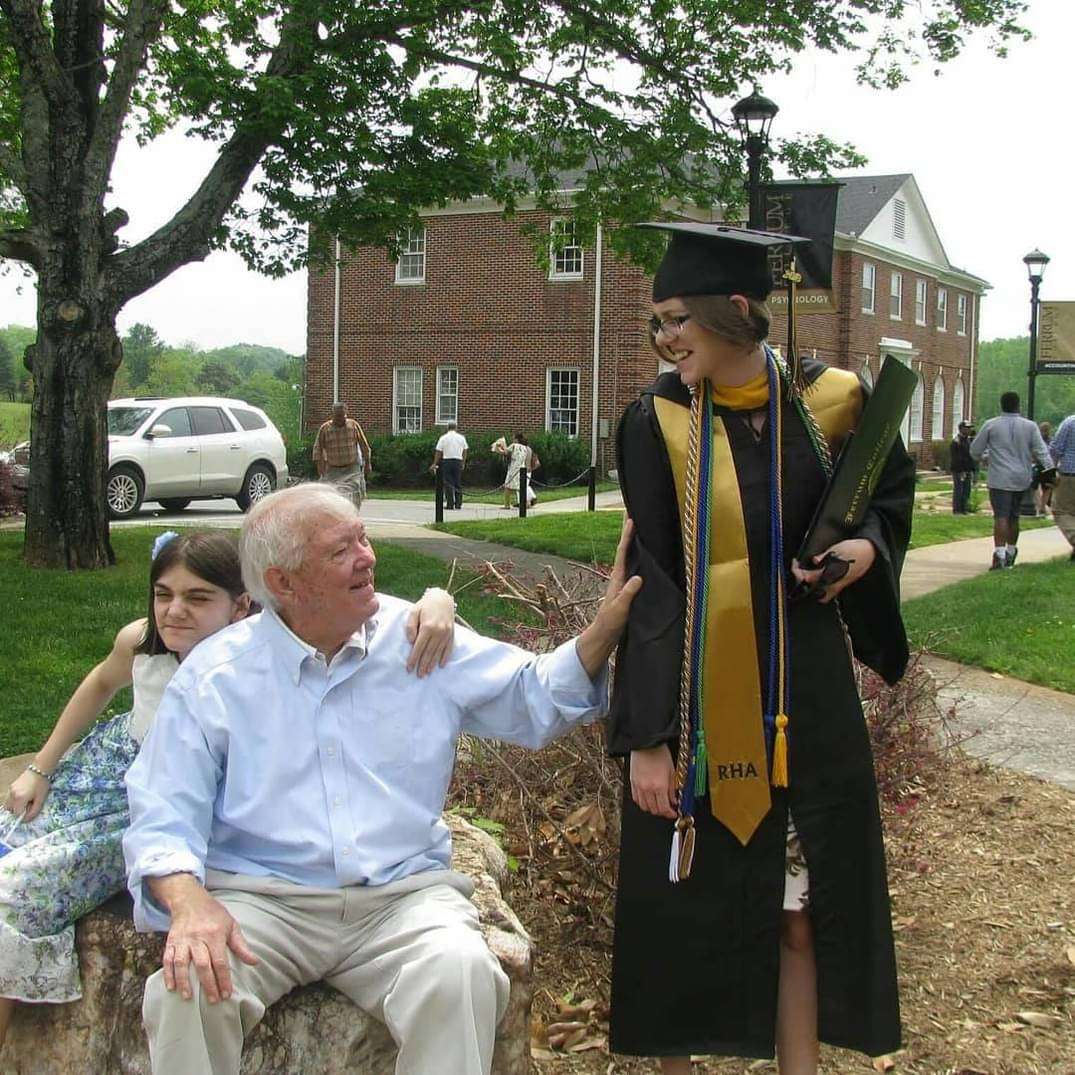By PAUL ROVEDA
Republican Columnist
The state of Pennsylvania is taking profound steps towards altering the way it chooses its electors for presidential elections.
The plan advocated by Governor Tom Corbett will have a major impact on the presidential election and on President Obama’s re-election chances.
Governor Corbett and state Senate Majority Leader Dominic Pileggi are trying to gather support for a system that would award an electoral vote to the winner of the respective congressional districts.
The final two votes would go to the winner of state as a whole.
This system is similar to the one Maine and Nebraska currently have, except on a much larger scale.
Maine and Nebraska have 9 electoral votes combined compared to Pennsylvania’s 20 electoral votes.
The decision for Pennsylvania to transition to this system benefits Republicans in this state.
However, it would not be nearly as beneficial for Republicans if the system were instituted across the country.
For instance, California has 66 times as many people as Wyoming, but only 18 times as many electoral votes.
Many of those electoral votes are located in or around cities, meaning they would most likely go to the Democratic candidate.
The few electoral votes outside of metropolitan areas would go to the Republican candidate.
John Ziegler from the American Thinker, an online news source, argues that one of the reasons this debate is getting so much attention is due to the fact that Obama will likely get only 10 or fewer votes compared to the 20 he would get otherwise in Pennsylvania, solely because of his victories in Philadelphia and Pittsburgh.
Nate Silver of the New York Times believes that Pennsylvania’s proposed system will undermine the integrity of the Electoral College.
But since Maine and Nebraska make their selections with very little fanfare, it would be hard to see how the addition of one state would challenge the integrity of the system.
Additionally California, Texas and New York would become somewhat relevant under the new system.
One may argue that Pennsylvania isn’t a good comparison to Nebraska or Maine because it is a lot larger, but with such an uneven demographic distribution (Philadelphia/Pittsburgh and everything else) the new system is much more representative of the entire state.
In a comment left by John Murdoch on David Weigel’s article “Pennsylvania Ponders Bold Democrat-Screwing Electoral Plan” on Slate.com, he argues that Pennsylvania is just a media battle with candidates fighting for airtime mainly in Philadelphia and Pittsburgh.
Candidates make rare appearances elsewhere in the state and then head north to New York.
It’s easy to foresee, as Weigel did, that with the new rules candidates will now have to devote some attention to areas such as Allentown, Scranton, Erie and Johnstown.
Murdoch argues that this new plan has two benefits.
First, every voter in Pennsylvania gets the attention that voters in New Hampshire and Iowa get in the primaries.
Secondly, the flash-in-the-pan media darlings (such as Jimmy Carter and Barack Obama) can’t simply launch their campaigns from TV.
The candidate will have to actually tour the state and sit down with the people who normally wouldn’t get the attention otherwise.
In the current system, certain areas are far too privileged.
I remember standing in the room with Mike Kelly’s victory party in 2010.
Much of the room was standing anxiously, waiting for the results to come in from Philadelphia for the Corbett/Onorato race.
It’s inconceivable that one race relies heavily on a specific geographic location.
With the new proposed plan, the whole state will come into play.
The new system now makes the whole state relevant not only to the vote but also to the candidate, as he or she will have to actively campaign across the state instead of just the highly populated areas.






mvy • Sep 23, 2011 at 7:57 pm
A survey of 800 Pennsylvania voters conducted on December 16-17, 2008 showed 78% overall support for a national popular vote for President.
Support was 87% among Democrats, 68% among Republicans, and 76% among independents.
By age, support was 77% among 18-29 year olds, 73% among 30-45 year olds, 81% among 46-65 year olds, and 78% for those older than 65.By gender, support was 85% among women and 71% among men.
The National Popular Vote bill would guarantee the Presidency to the candidate who receives the most popular votes in all 50 states (and DC).
Under National Popular Vote, every vote, everywhere, would be politically relevant and equal in every presidential election. Every vote would be included in the national count. The candidate with the most popular votes in all 50 states would get the 270+ electoral votes from the enacting states. That majority of electoral votes guarantees the candidate with the most popular votes in all 50 states wins the presidency.
National Popular Vote would give a voice to the minority party voters in each state and district (in ME and NE). Now their votes are counted only for the candidate they did not vote for. Now they don’t matter to their candidate.
With National Popular Vote, elections wouldn’t be about winning states or districts (in ME and NE). No more distorting and divisive red and blue state and district maps. Every vote, everywhere would be counted for and directly assist the candidate for whom it was cast.
In Gallup polls since 1944, only about 20% of the public has supported the current system of awarding all of a state’s electoral votes to the presidential candidate who receives the most votes in each separate state (with about 70% opposed and about 10% undecided). The recent Washington Post, Kaiser Family Foundation, and Harvard University poll shows 72% support for direct nationwide election of the President. Support is strong in virtually every state, partisan, and demographic group surveyed iin recent polls in closely divided battleground states: CO– 68%, IA –75%, MI– 73%, MO– 70%, NH– 69%, NV– 72%, NM– 76%, NC– 74%, OH– 70%, PA — 78%, VA — 74%, and WI — 71%; in smaller states (3 to 5 electoral votes): AK – 70%, DC – 76%, DE –75%, ME — 77%, NE — 74%, NH –69%, NV — 72%, NM — 76%, RI — 74%, and VT — 75%; in Southern and border states: AR –80%, KY — 80%, MS –77%, MO — 70%, NC — 74%, and VA — 74%; and in other states polled: CA — 70%, CT — 74% , MA — 73%, MN – 75%, NY — 79%, WA — 77%, and WV- 81%.
On Election Night, most voters don’t care whether their presidential candidate wins or loses in their state or district … they care whether he/she wins the White House. Voters want to know, that even if they were on the losing side, their vote actually was directly and equally counted and mattered to their candidate. Most Americans consider the idea of the candidate with the most popular votes being declared a loser detestable. We don’t allow this in any other election in our representative republic.
The bill has passed 31 state legislative chambers, in 21 small, medium-small, medium, and large states, including one house in AR, CT, DE, DC, ME, MI, NV, NM, NY, NC, and OR, and both houses in CA, CO, HI, IL, NJ, MD, MA, RI, VT, and WA. The bill has been enacted by DC (3), HI (4), IL (19), NJ (14), MD (11), MA (10), CA (55), VT (3), and WA (13). These 9 jurisdictions possess 132 electoral votes — 49% of the 270 necessary to bring the law into effect.
NationalPopularVote
mvy • Sep 23, 2011 at 7:52 pm
Don’t be so quick to assume all Republican leaders are on board with this. “Keep PA Relevant has noted seven (Pennsylvania) Republican members of the House who have expressed opposition in some form or another to the proposal, to only three who have come out in favor. ”
Republican legislators seem quite “confused”
about the merits of the congressional district method. The leadership committee
of the Nebraska Republican Party just adopted a resolution requiring all GOP
elected officials to favor overturning their district method for awarding
electoral votes or lose the party’s support.
And up in Maine, the only other state beside Nebraska to use
the district method, Mike Tipping reports on Republicans, also newly in the
majority like their counterparts in Pennsylvania. Earlier this year, Republican
leaders in Maine proposed and passed a constitutional amendment that, if passed
at referendum, will require a 2/3rds vote in all future redistricting
decisions. Now they want to pass a majority-only plan to make redistricting in
their favor even easier.
Dividing Pennsylvania’s electoral votes by district would
magnify the worst features of the system and not reflect the diversity of
Pennsylvania.
The district approach would provide less incentive for
presidential candidates to campaign in all Pennsylvania districts and would not
focus the candidates’ attention to issues of concern to the whole state.
Candidates would have no reason to campaign in districts where they are
comfortably ahead or hopelessly behind.
Due to gerrymandering, in 2008, only 4 Pennsylvania
districts were competitive.
In Maine, where they award electoral votes by congressional
district, the closely divided 2nd congressional district received campaign
events in 2008 (whereas Maine’s 1st reliably Democratic district was ignored)
In Nebraska, which also uses the district method, the 2008
presidential campaigns did not pay the slightest attention to the people of
Nebraska’s reliably Republican 1st and 3rd congressional districts because it
was a foregone conclusion that McCain would win the most popular votes in both
of those districts. The issues relevant to voters of the 2nd district (the
Omaha area) mattered, while the (very different) issues relevant to the
remaining (mostly rural) 2/3rds of the state were irrelevant.
When votes matter, presidential candidates vigorously
solicit those voters. When votes don’t matter, they ignore those areas.
Nationwide, there are only 55 “battleground”
districts that are competitive in presidential elections. 88% of the nation’s
congressional districts would be ignored if a district-level winner-take-all
system were used nationally.
If the district approach were used nationally, it would be
less fair and less accurately reflect the will of the people than the current
system. In 2004, Bush won 50.7% of the popular vote, but 59% of the districts.
Although Bush lost the national popular vote in 2000, he won 55% of the
country’s congressional districts.
Awarding electoral votes by congressional district could
result in third party candidates winning electoral votes that would deny either
major party candidate the necessary majority vote of electors and throw the
process into Congress to decide.
Because there are generally more close votes on district
levels than states as whole, district elections increase the opportunity for
error. The larger the voting base, the less opportunity there is for an
especially close vote.
Also, a second-place candidate could still win the White
House without winning the national popular vote.
A national popular vote is the way to make every person’s
vote equal and matter to their candidate because it guarantees that the
candidate who gets the most votes in all 50 states becomes President.